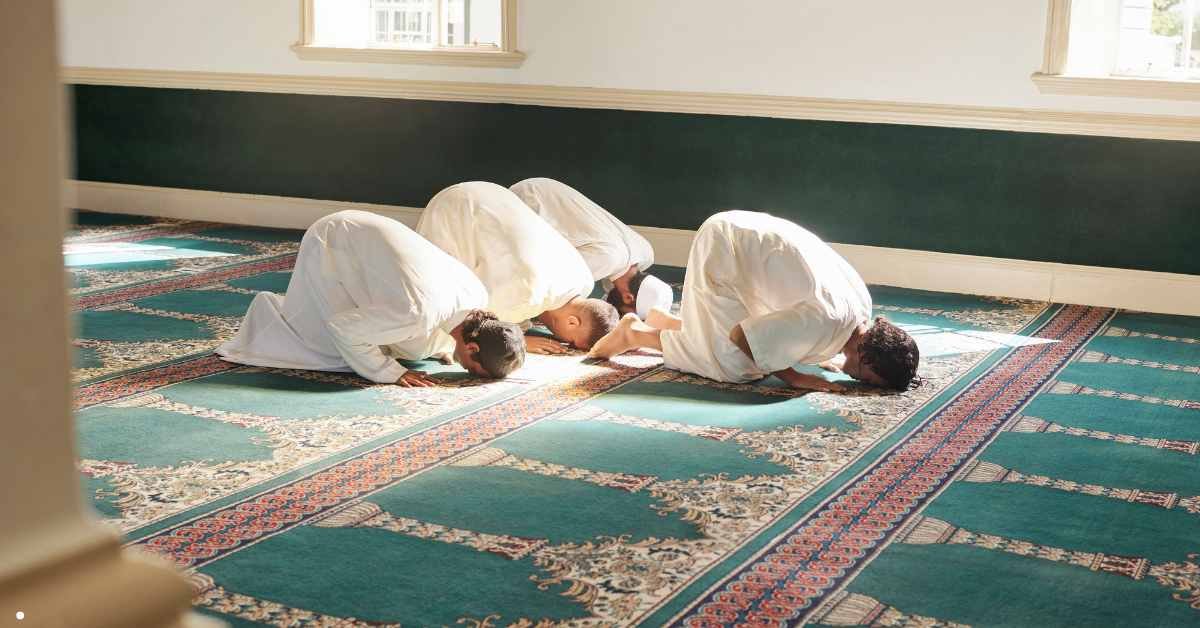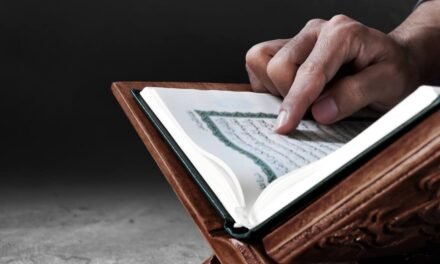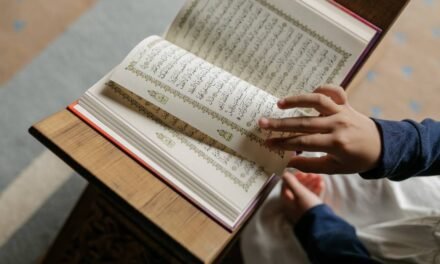Prayer in the Islamic religion is known as Salah or Salat. Salah is one of the Five Pillars of Islam which are considered to be the main elements of worship that are the cornerstone of a Muslim’s life. Salah is performed five times a day at specific times: These are given as Fajr, which is the time just before dawn, Dhuhr, which is the midday prayer, Asr, which is the mid-afternoon prayer, Maghrib, which is the sunset prayer, and Isha which is the night prayer. This practice entails a sequence of actions and saying of verses from the Quran which is the holy scripture of Islam.
The Importance of Salah
Salah is not only a practice, but it is also a path that Muslims use to communicate with Allah and seeks forgiveness and direction in their live. It assists Muslims in the society to have a focal point of their existence and to ensure they are on the right track. Salah is one of the rituals that are done to show the followers of Islam that they are submissive to Allah. It also defines discipline and assists in the formation of a united society since the Muslims pray in the mosques.
How to Perform Salah
Preparation: Wudu
There is a prerequisite which has to be followed by Muslims before they can carry out Salah which is the state of purity. This entails the act of removing impurities by performing the Wudu which is the washing of the whole body from the neck and above. Wudu entails washing the hands, face, mouth, nose, forearms, head and feet. This act of cleanliness is necessary because it denotes washing of the heart and the soul before standing before God.
The Steps of Salah
Niyyah (Intention): Before starting the prayer, a Muslim must have a clear intention in their heart to perform Salah. This is called Niyyah. It is not spoken out loud but is a silent resolve.
Takbir (Allahu Akbar): The prayer begins with the phrase “Allahu Akbar,” which means “God is the Greatest.” This is called Takbir. Muslims raise their hands to their ears or shoulders while saying this phrase.
Standing (Qiyam): While standing, verses from the Quran are recited. The first chapter of the Quran, Surah Al-Fatiha, is always recited, followed by another short surah or a few verses from the Quran.
Bowing (Ruku): After the recitations, Muslims bow forward, placing their hands on their knees, and say “Subhana Rabbiyal Adheem” (Glory be to my Lord, the Most Great) three times.
Standing Up (Qiyam): They then stand up straight again, saying “Sami’ Allahu liman hamidah” (God hears those who praise Him), followed by “Rabbana lakal hamd” (Our Lord, to You is all praise).
Prostration (Sujood): Next, Muslims go down to the ground, placing their forehead, nose, both hands, knees, and toes on the floor. This is the most humble position in Salah. They say “Subhana Rabbiyal A’la” (Glory be to my Lord, the Most High) three times.
Sitting (Jalsa): After the first Sujood, they sit on their knees for a brief moment, saying “Rabbighfir li” (My Lord, forgive me).
Second Prostration (Sujood): They perform a second Sujood, repeating the same words and actions as the first.
Sitting (Tashahhud): In the final part of Salah, Muslims sit on their knees again and recite the Tashahhud, which includes testimonies of faith and blessings for the Prophet Muhammad.
Ending the Prayer (Tasleem): Salah ends with turning the head to the right and then to the left, each time saying “Assalamu Alaikum wa Rahmatullah” (Peace and mercy of God be upon you). This gesture greets the angels and the fellow Muslims who may be praying nearby.
The Five Daily Prayers
Each of the five daily prayers has a specific number of units called “Rak’ahs.”
Fajr: 2 Rak’ahs
Dhuhr: 4 Rak’ahs
Asr: 4 Rak’ahs
Maghrib: 3 Rak’ahs
Isha: 4 Rak’ahs
Each Rak’ah includes the series of movements and recitations described above.
The Spiritual Benefits of Salah
Connection with God
Salah is a direct way by which Muslim can communicate with Allah at anytime and any where in the world. This is a period of the day when people step back from their routine and solely concentrate on prayers. This link contributes to the relaxation of the heart and the mind.
Guidance and Discipline
Offering the Salah five times in a day enables Muslims to find themselves in a routine based on their religion. It helps inculcate the culture of work, time management and consciousness. Thus, Muslims pray to God at all times in order to get help and directions on how to deal with life’s problems.
Community and Brotherhood
Offering the prayers at the mosque particularly the Friday prayer (Jumu’ah) creates a feeling of oneness among Muslims. It unites people of different religion to come and worship before God.
Common Questions About Salah
Muslims pray five times a day; why is this so?
The five daily prayers are observed by Muslims as a divine injunction set by Prophet Muhammad, thus keeping the connection with the Lord all the time. All the prayer times have their importance and act as a token of the presence of Allah and his blessings.
What Consequences Does a Muslim Suffer If He or She Does Not Pray?
Should a Muslim fail to offer the prayer for whatsoever reason, he or she should attempt to offer the prayer at the soonest opportunity. Offering of these prayers which have been missed is known as Qada. Nevertheless, omission of Salah is viewed as a grave offense in the Islamic religion.
Is it allowed to do Salah at Any Place?
Yes, Salah can be done anywhere as long as the place is not unhygienic. Although mosques are the most common place for large congregational praying, muslims are allowed to pray at home, at the workplace or even in the open field. It is advisable to locate a room that is calm and tidy to perform the prayer.
Salah is an important element of a Muslim’s life as it has spiritual, psychological, and social impacts. It is a practice that enhances the bond between the Muslims and their God, enhances discipline, and brings people closer together. Thus, knowing more about Salah makes it possible to grasp the meaning of this prayer and why it is an essential part of the life of every Muslim.





